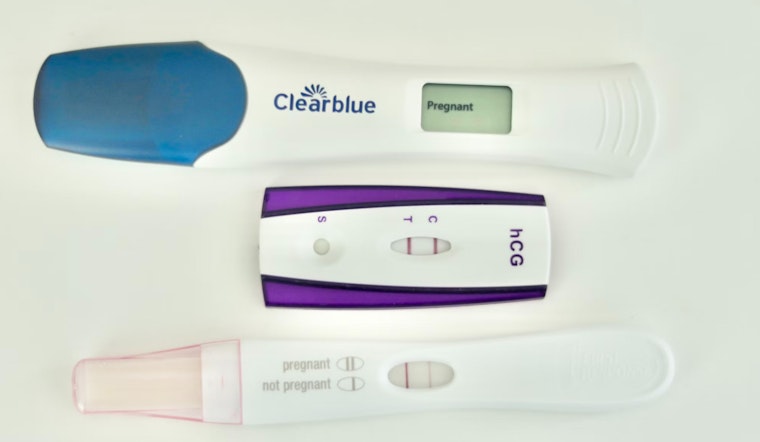
In the wake of stringent abortion laws in Texas, a University of Houston study has revealed a significant uptick in the state's fertility rates, with Hispanic and teen women seeing the most pronounced increases. The KENS5 reported these findings, citing a more than 2% hike in the overall fertility rate in 2022 — the first rise since 2014.
Breaking down the demographics, the data indicates that Hispanic women, aged 25 to 44, experienced an 8% fertility rate climb over 2021. Furthermore, there was an increase in births among Latinas of all ages, according to an NBC News report, with Latinas delivering 13,503 of the 16,147 additional babies born in Texas in 2022. This equates to a dominating 84% of the increase, reflective of the broader impact of the state's abortion restrictions on this community.
The trend reversing waves in teen birth rates arrived after a 15-year period of decline, emphasizing how these state-level policies have reverberated significantly within certain populations. "We don't see any other reason," Elizabeth Gregory, the director of the University of Houston's Institute for Research on Women, Gender & Sexuality, told NBC News regarding the surge in fertility rates among Hispanic women. Texas, which instituted a near-complete abortion ban following the Supreme Court's decision to overturn Roe v. Wade, appears now to showcase the tangible outcomes of such legal actions on its demographic landscape.
The NBC News article points out that among Texas' Hispanic teens, the birthrate climbed 1.2%. In stark contrast stands the non-Hispanic white teens, whose rate continued on a downward trajectory, shedding 5%, with a concurrent slight increase in the fertility rate for Black teens, by 0.5%, and a marked 8.2% jump for Asian teens.
As studies reveal the widening reproductive healthcare gap in the post-Roe v. Wade era, high rates of pregnancies resulting from sexual assaults leave an indelible mark on Texas' reproductive health narrative. With legal barriers increasing for those seeking abortions, options dwindle, forcing many to navigate uncertain paths amidst already traumatic circumstances, as discussed in research published in JAMA Internal Medicine and cited by KENS5. The road ahead for Texas in grappling with these complex issues remains as convoluted as ever, with effects likely continuing to surface in the varied experiences of its populace.









